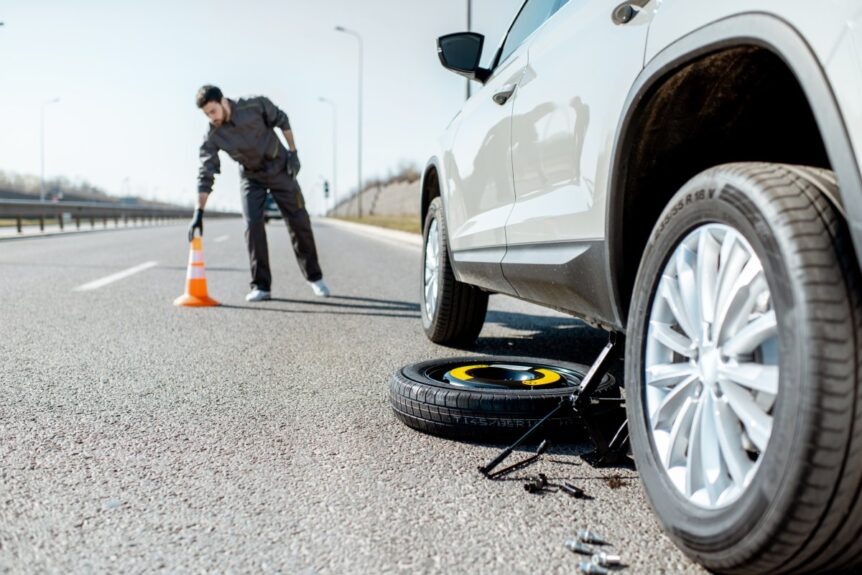Electric vehicles (EVs) are celebrated as beacons of environmental progress, but did you know that their tires might tell a different story? Here’s how the very wheels that glide you past the gas station could be causing unexpected environmental headaches.
1. Increased Tire Wear Due to Vehicle Weight
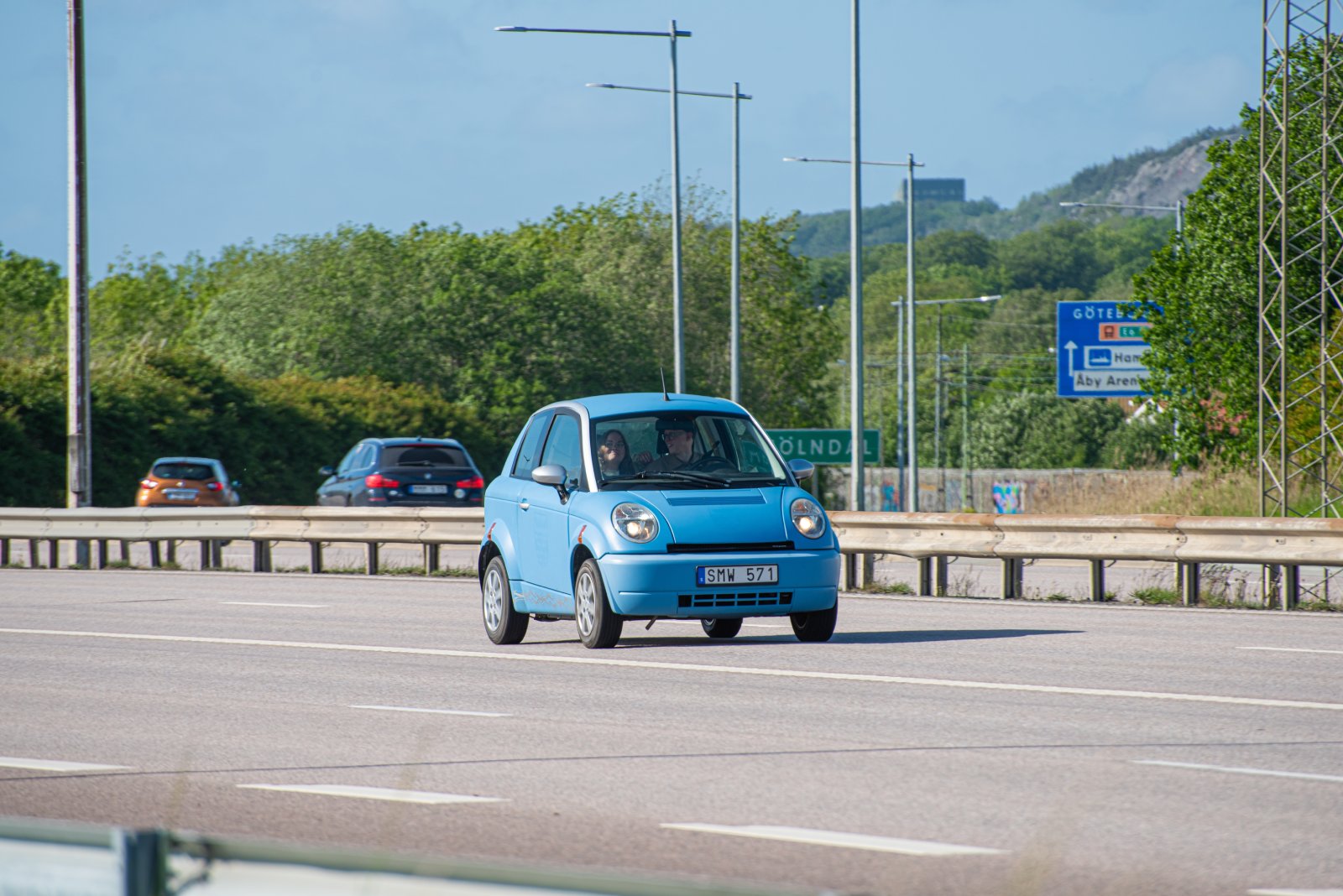
Image Credit: Shutterstock / Trygve Finkelsen
Electric vehicles are significantly heavier than their combustion engine counterparts, mainly due to their batteries. Research from the National Renewable Energy Laboratory indicates that the average EV is approximately 20% heavier, which naturally increases tire wear because heavier vehicles exert more pressure on their tires. This accelerated wear not only leads to more frequent tire replacements but also increases tire debris, which contributes to microplastic pollution.
2. Higher Torque Leading to Faster Degradation
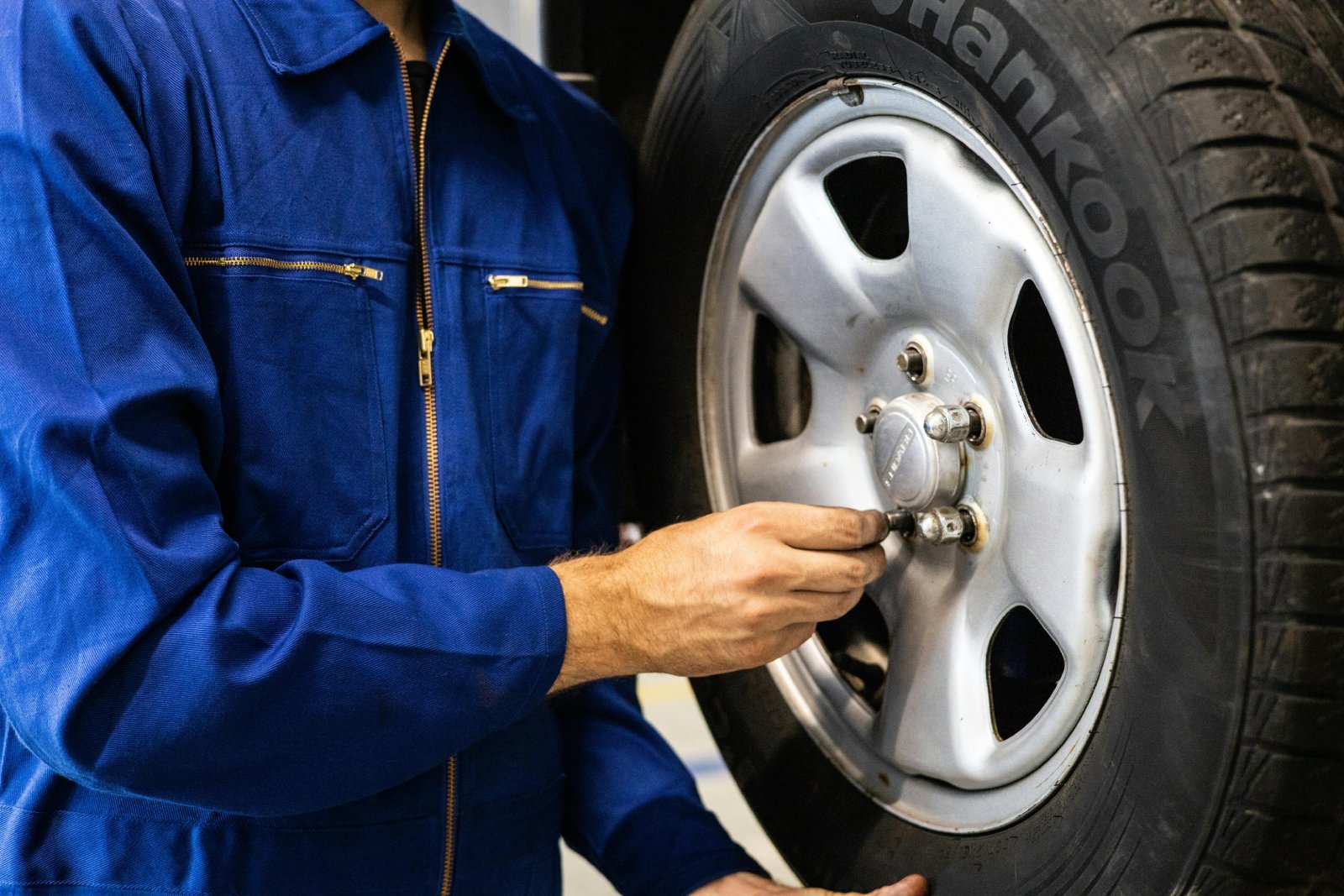
Image Credit: Pexels / Artem Podrez
EVs deliver instant torque—the force that drives the car forward—which can put additional stress on tires. Instant torque means more power and speed from a standstill, which tires might not be engineered to handle continually. The result? A quicker breakdown of the tire tread, leading to earlier than expected tire replacement.
3. Limited Availability of EV-Specific Tires
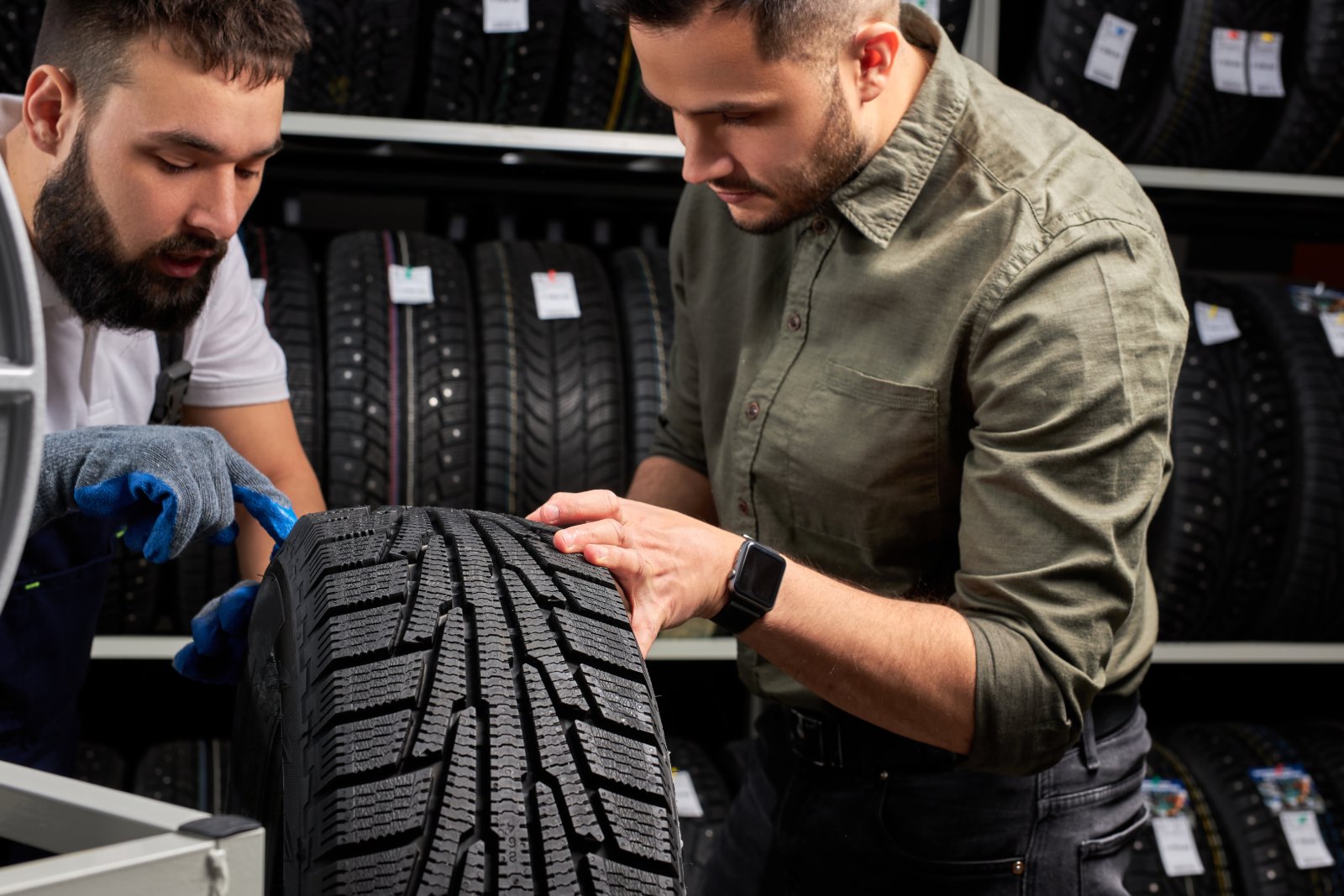
Image Credit: Shutterstock / UfaBizPhoto
Most electric vehicles still roll off the production line equipped with standard tires not specifically designed for the unique demands of electric propulsion. As noted in a report by the Rubber Manufacturers Association, only a few manufacturers currently offer EV-specific tires that can handle the added weight and performance characteristics, such as low rolling resistance for increased efficiency and enhanced durability to manage torque.
4. Environmental Impact of Increased Tire Wear

Image Credit: Pexels / Alfo Medeiros
Increased tire wear leads to more frequent tire changes and more waste. Tires are notoriously difficult to recycle and often end up burned for energy or in landfills, releasing harmful chemicals and contributing to pollution. The fine particles from tire wear can also become airborne and contribute significantly to particulate pollution, affecting air quality and public health.
5. Compounded Manufacturing Impacts
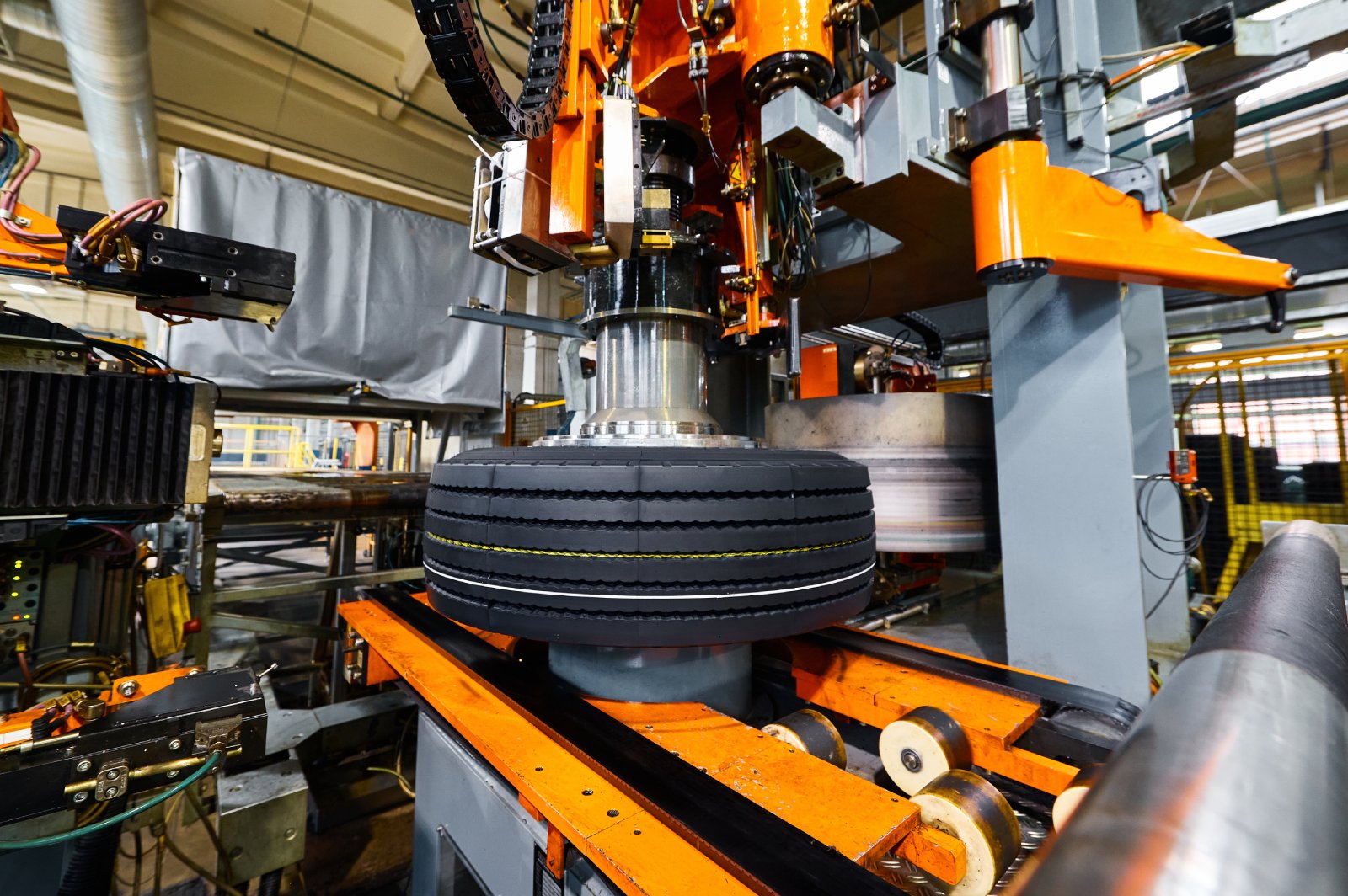
Image Credit: Shutterstock / Nordroden
The production of tires involves substantial amounts of raw materials, especially synthetic rubber and petroleum products. The Carbon Trust highlights that manufacturing a single tire can produce as much as 182 kg of CO2 emissions. With EVs potentially requiring more frequent tire changes, the cumulative impact on carbon emissions can be significant.
6. The Challenge of Sustainable Tire Technologies

Image Credit: Shutterstock / THICHA SATAPITANON
While tire manufacturers are working on more sustainable and durable tire options, these technologies are still not widespread. Sustainable tires aim to reduce environmental impact through the use of renewable materials and improved longevity, but widespread adoption is hindered by higher production costs and limited availability.
7. Increased Costs for Consumers

Image Credit: Shutterstock / Gorodenkoff
The faster wear rate of EV tires can lead to higher operational costs for owners. Not only do you need to replace your tires more often, but the cost of EV-specific tires, when they are available, is typically higher than standard tires. This can add a surprising amount to the total cost of owning an electric vehicle.
8. Regulatory and Safety Concerns

Image Credit: Shutterstock / Dusan Petkovic
With the rise in tire-related issues stemming from EV usage, there could be future regulatory impacts. Safety standards may evolve to require more durable tires specifically designed for EVs, potentially leading to stricter regulations and oversight in the tire manufacturing industry.
9. Disproportionate Wear on Front Tires
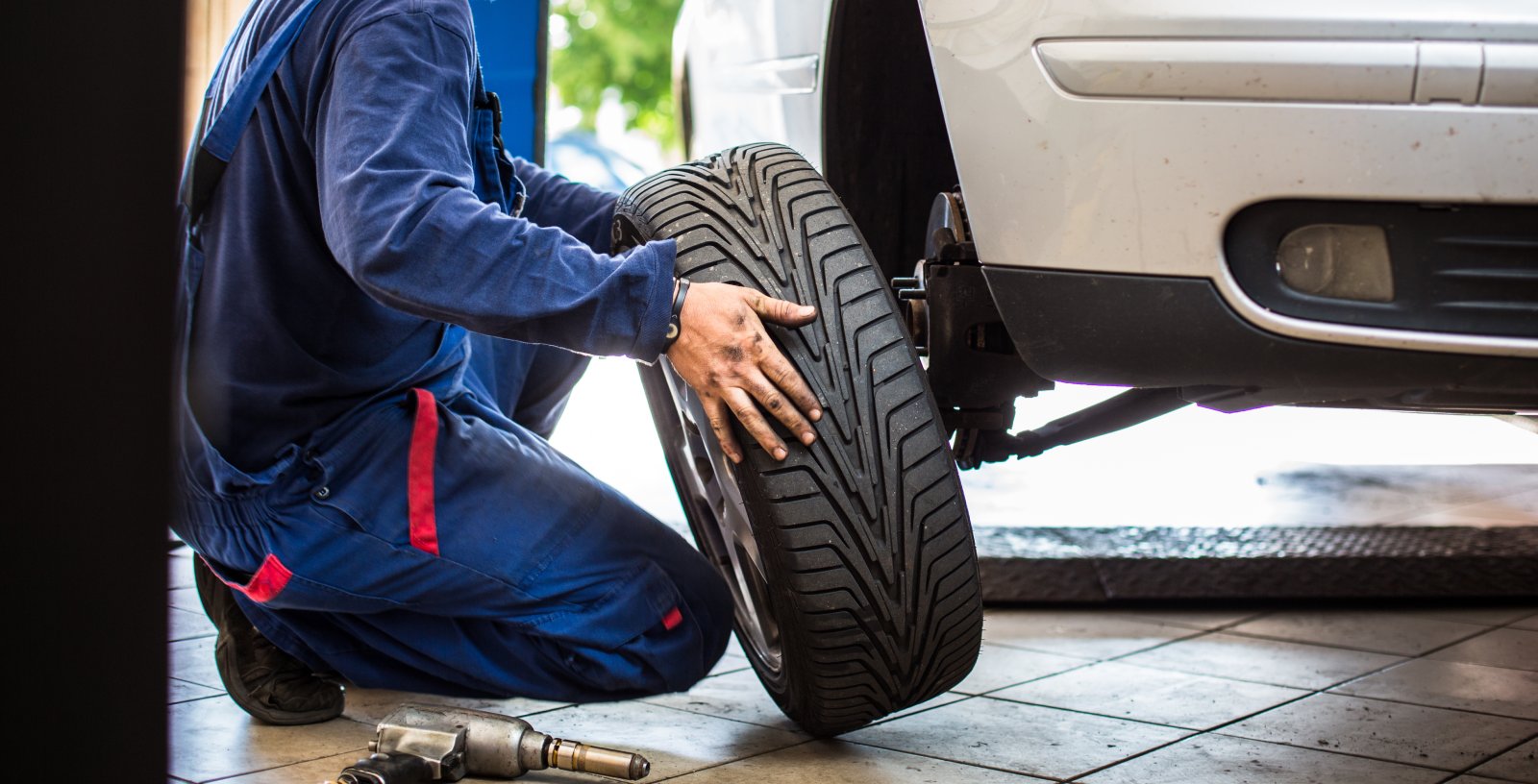
Image Credit: Shutterstock / l i g h t p o e t
Electric vehicles tend to have disproportionate tire wear on the front tires due to the placement and weight of the battery packs. This uneven wear pattern requires more frequent replacements of the front tires, further increasing maintenance costs and waste.
10. Impacts on Road Maintenance
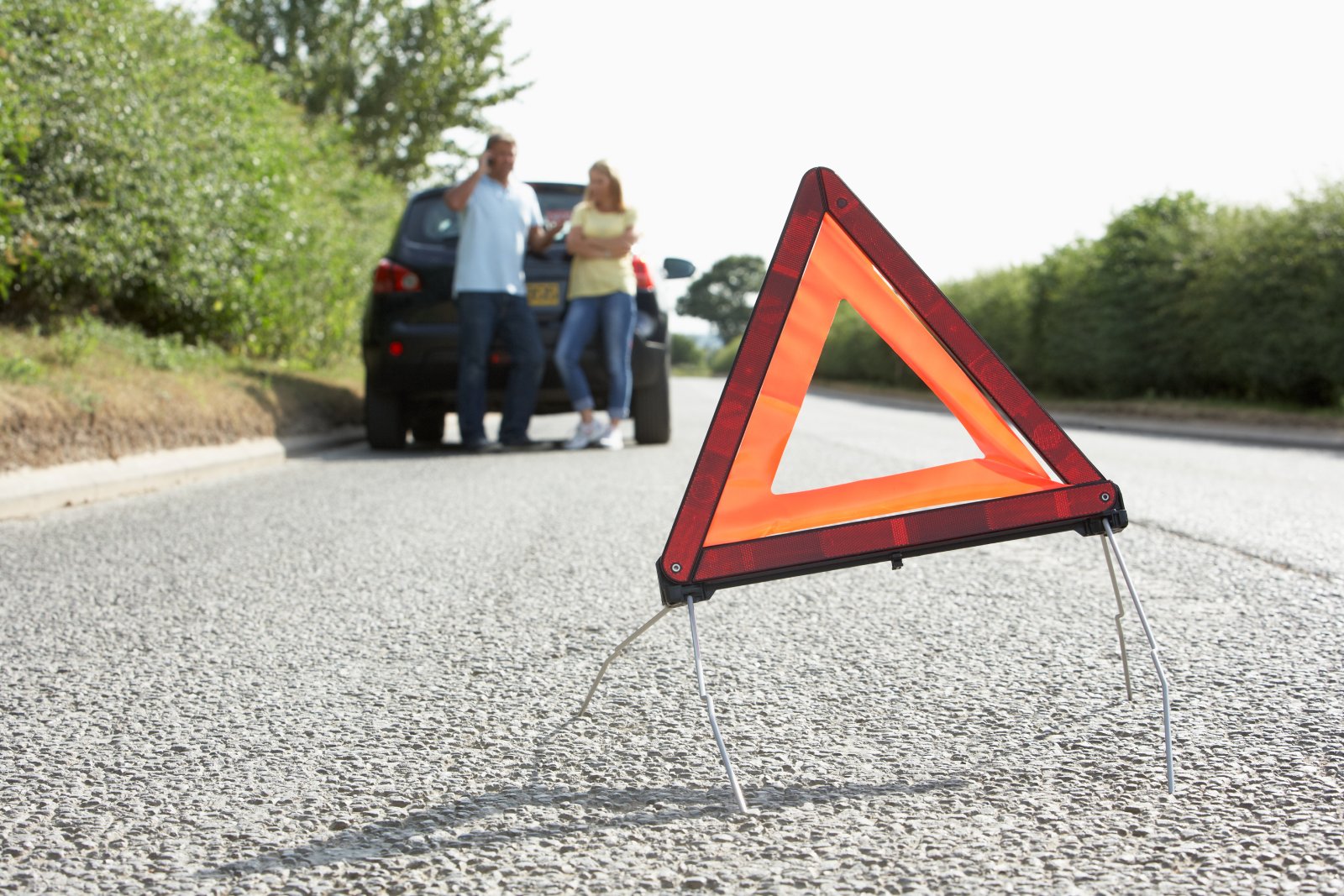
Image Credit: Shutterstock / Monkey Business Images
The increased weight of EVs not only wears out their tires faster but also contributes to greater wear and tear on road surfaces. This can lead to more frequent road repairs, which are funded by taxpayer dollars, adding indirect costs to the community.
11. Noise Pollution from Tire Wear

Image Credit: Shutterstock / Zdravinjo
As tires wear down, they can produce more road noise. This increased noise pollution is not just an annoyance; it can have serious health impacts on populations living near busy roads, contributing to stress and heart disease.
12. Resource Intensive Tire Production
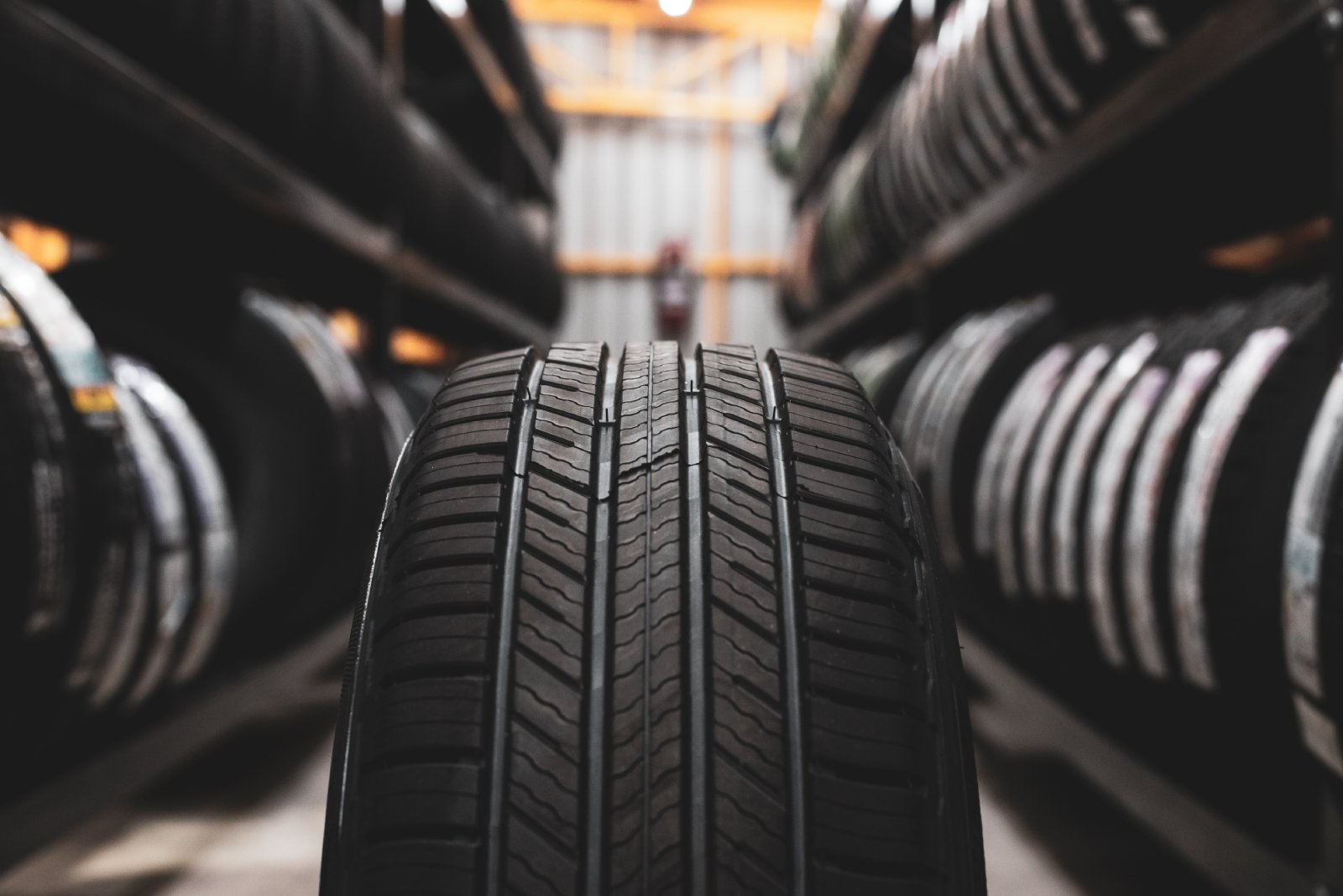
Image Credit: Shutterstock / Chonlatee42
Tire production is resource-intensive, requiring significant amounts of water and energy. As the demand for frequent tire replacements grows with EV adoption, the strain on these resources increases, exacerbating the environmental footprint of tire manufacturing.
13. Challenges in Tire Recycling
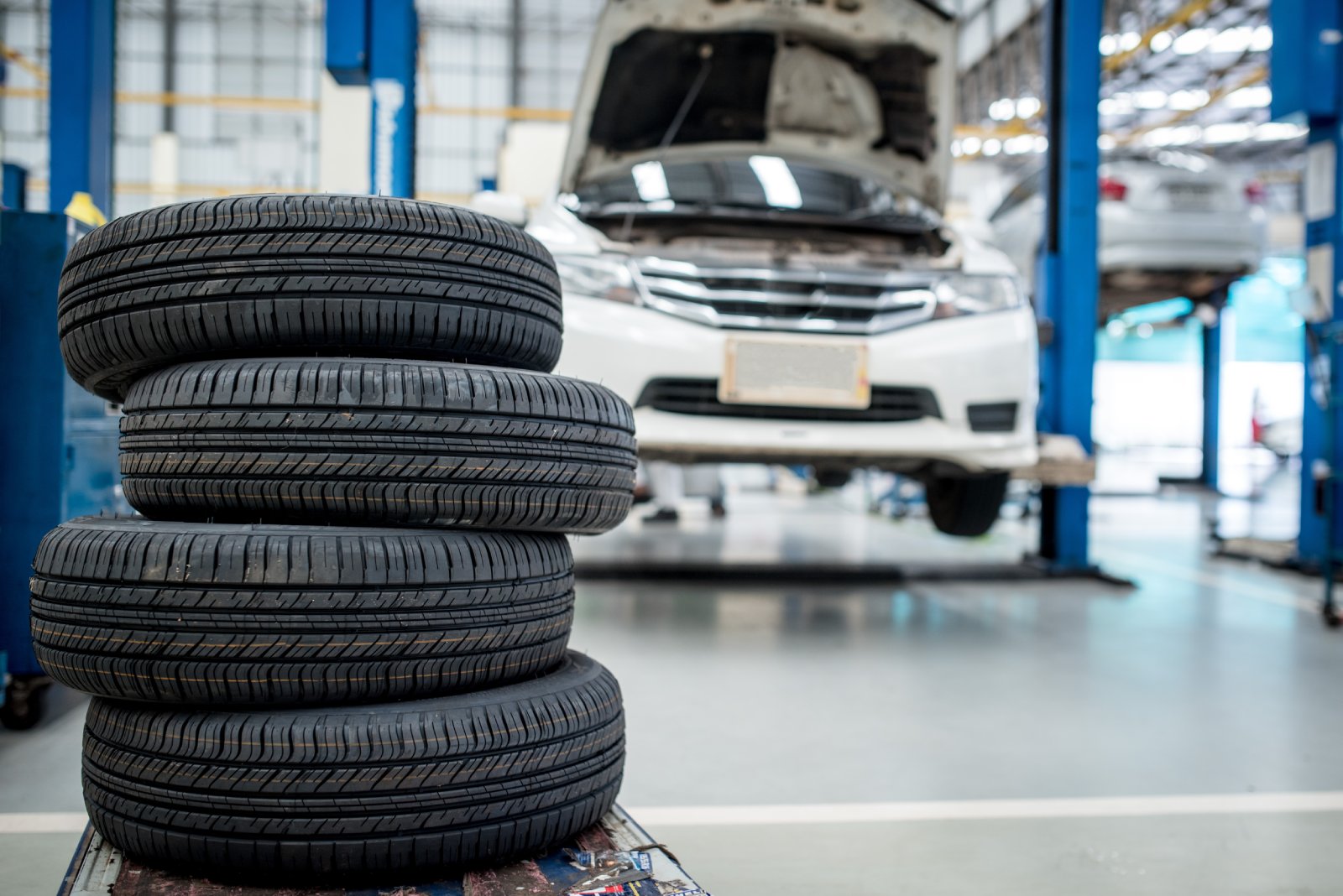
Image Credit: Shutterstock / BELL KA PANG
Recycling worn-out tires is a complex and energy-intensive process. With EVs accelerating tire wear, the challenge of recycling increases, putting additional pressure on recycling facilities and technologies to keep up.
14. The Market for Second-hand Tires
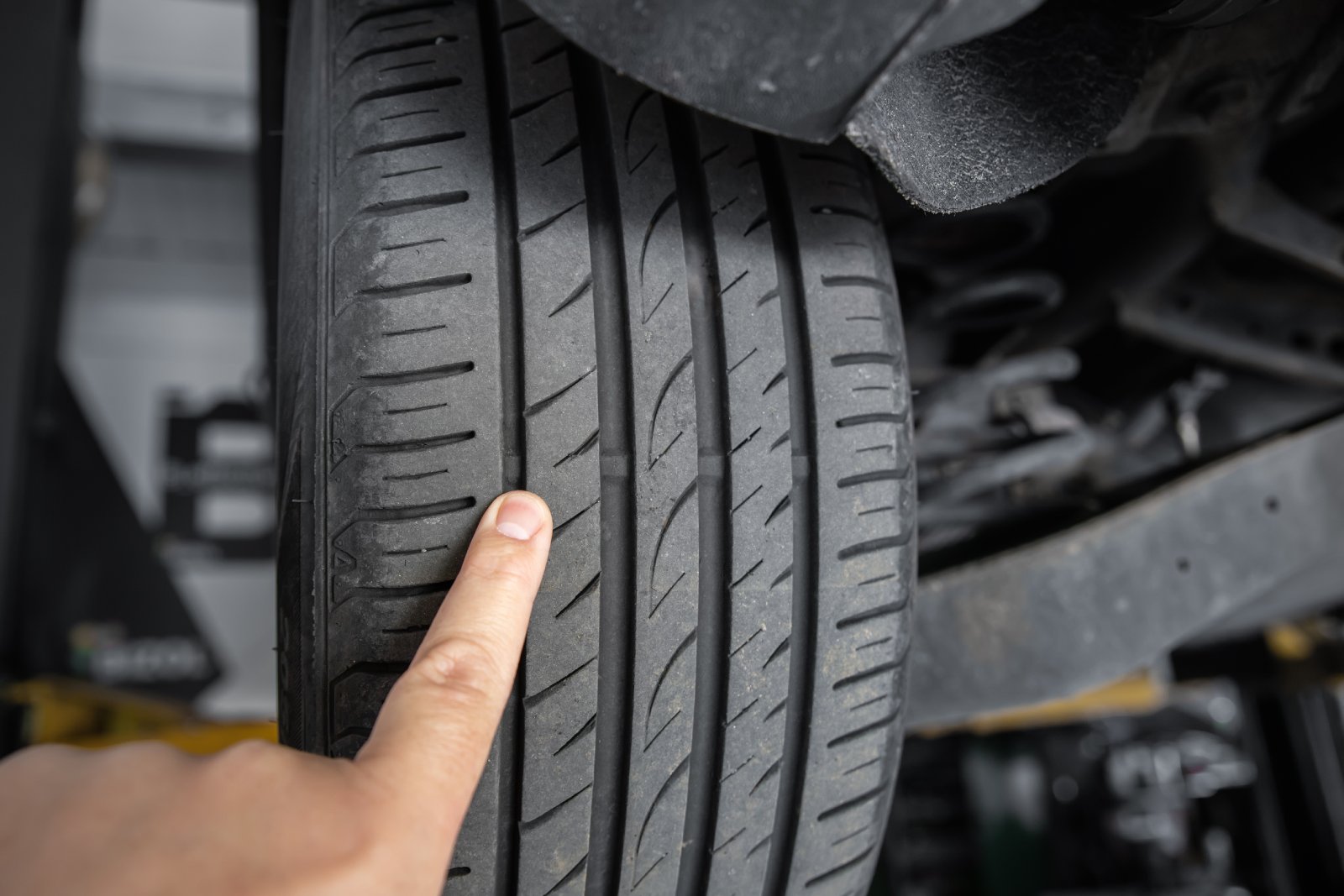
Image Credit: Shutterstock / Gorloff-KV
The quick wear of EV tires may affect the availability and quality of second-hand tires. As more tires reach the end of their shorter lifespans quicker, the second-hand tire market could see an influx of less durable options, affecting consumer choices and safety.
15. Insurance Premium Adjustments

Image Credit: Shutterstock / Korawat photo shoot
Insurance companies may adjust premiums for electric vehicles due to the increased costs associated with tire maintenance and replacement. This could make insuring an EV more expensive than a conventional car, affecting affordability for owners.
16. Enhanced Pressure Monitoring Needs

Image Credit: Shutterstock / Rido
To combat the issues of increased wear, EV owners might need to invest in advanced tire pressure monitoring systems to ensure optimal tire health and longevity, adding another layer of maintenance to their routine.
17. The Psychological Impact of Maintenance

Image Credit: Shutterstock / Just Life
Frequent tire changes can lead to “maintenance fatigue” among EV owners, potentially deterring consumers from choosing electric vehicles due to the perceived inconvenience and ongoing costs.
18. The Push for Innovative Solutions

Image Credit: Shutterstock / Gorodenkoff
This challenge presents an opportunity for innovation in the tire industry. Companies might accelerate the development of advanced materials and tire designs that better suit the unique demands of electric vehicles, potentially leading to breakthroughs that benefit all tire users.
Rolling Into the Future

Image Credit: Shutterstock / Nestor Rizhniak
As we race toward a greener future, are we ignoring the trail of wear and tear we leave behind? How can we ensure that our drive for clean energy doesn’t come at the expense of our planet’s health and our own wallets?
Oil Dumping Scandal Rocks Ships Heading to New Orleans

Image Credit: Shutterstock / Aerial-motion
Two shipping companies have been fined after knowingly hiding a large oil spill in the Atlantic Ocean. Oil Dumping Scandal Rocks Ships Heading to New Orleans
20 Eye-Opening Realities Facing Retiring Baby Boomers
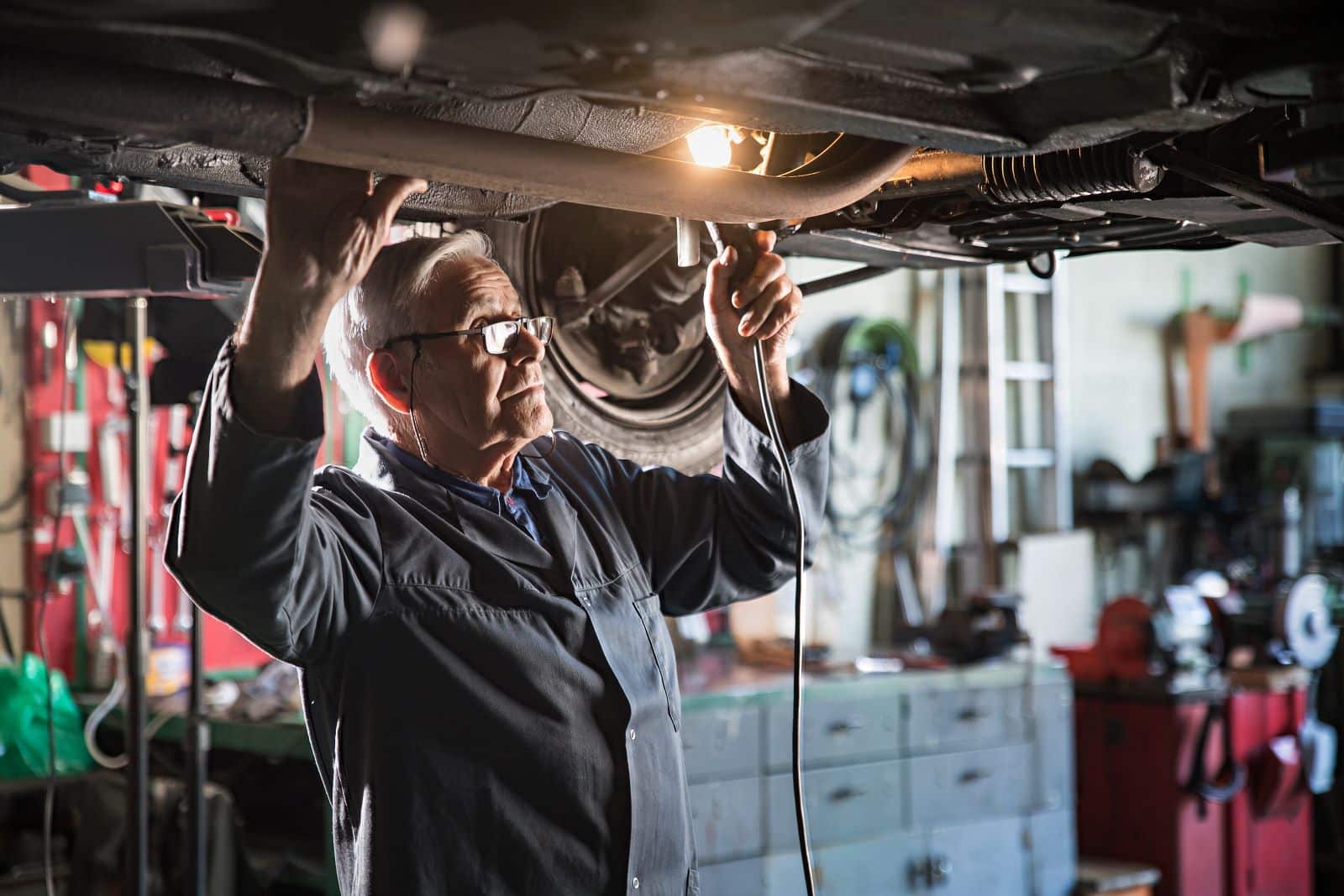
Image Credit: Shutterstock / Jack Frog
As Baby Boomers approach retirement, the promise of leisure and security often seems unattainable. This generation faces unique challenges that could redefine retirement. Here’s a stark look at the realities shaping their outlook. 20 Eye-Opening Realities Facing Retiring Baby Boomers
Retail Apocalypse: Massive Closures Sweep Across U.S. Brands

Image Credit: Shutterstock / Tada Images
Stores across the U.S. are closing at unprecedented levels, according to new research from advisory firm Coresight Research. Read on for more information about the impact this could have on you and your communities. Retail Apocalypse: Massive Closures Sweep Across U.S. Brands
Featured Image Credit: Shutterstock / RossHelen.
For transparency, this content was partly developed with AI assistance and carefully curated by an experienced editor to be informative and ensure accuracy.

